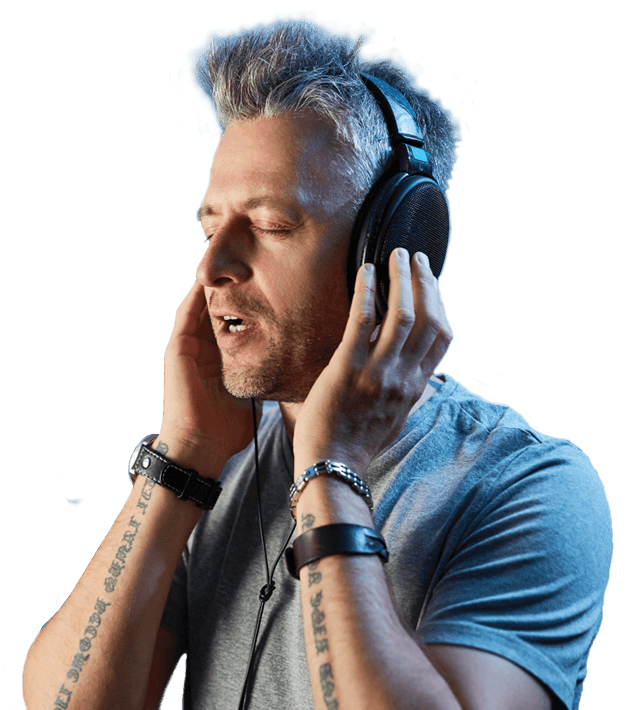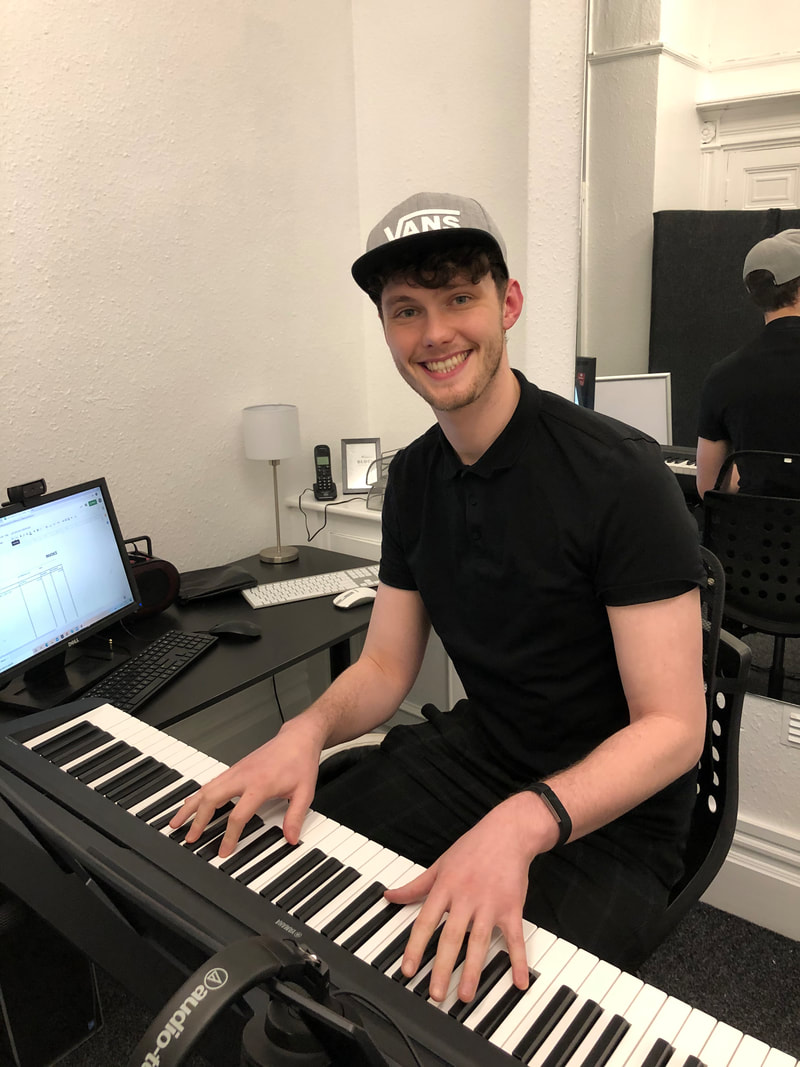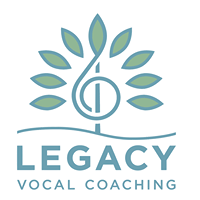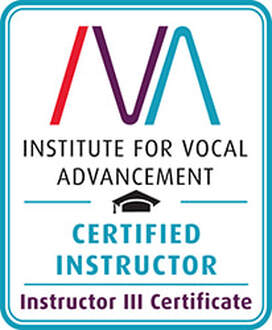Postal AddressOne Express
1 George Leigh Street Manchester M4 5D |
Contact Us
What Legacy Clients Think"Legacy really really cared about what I wanted from the lessons and it felt like they had chosen to invest in my dreams." - Rosie Robinson "I have the confidence that comes from knowing that I can do it - and that the world doesn't end when I make a mistake!” - Rachael Smith |
|
Terms of Use
|
Book
|
© COPYRIGHT 2022. ALL RIGHTS RESERVED.
|



 RSS Feed
RSS Feed
